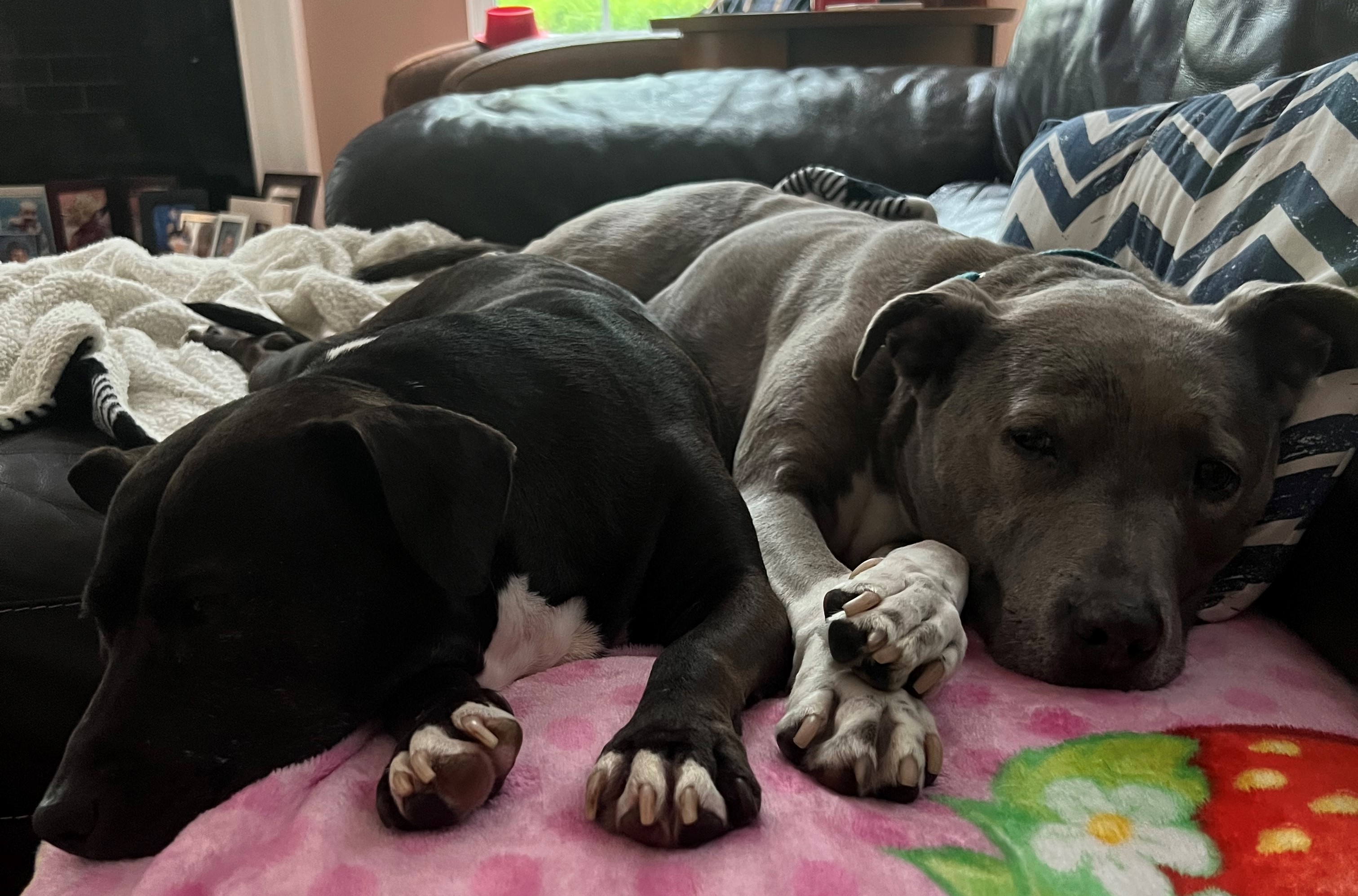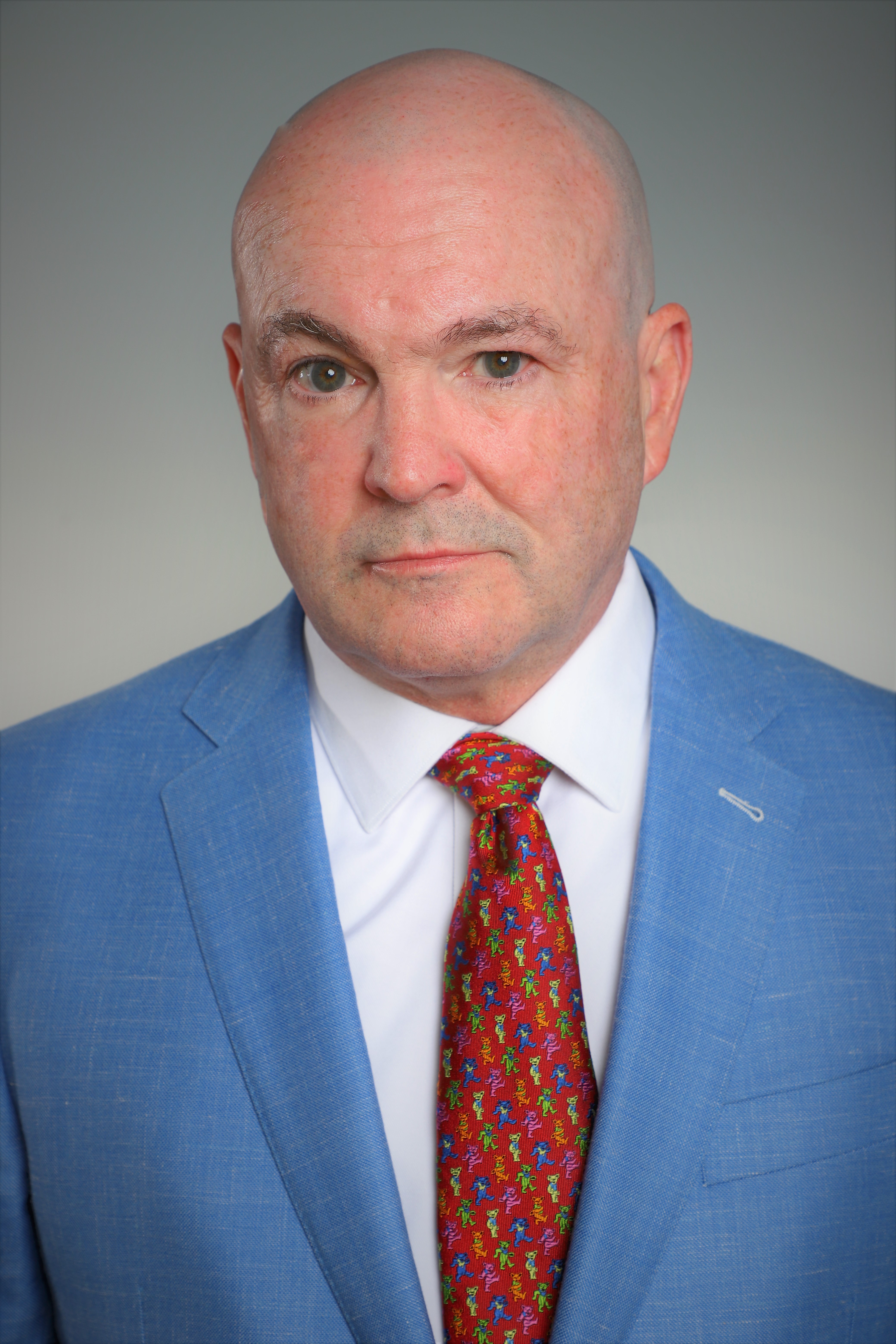Philadelphia defense lawyer driven by high stakes nature of catastrophic injury cases
By Brian Cox
For nearly 25 years, Philadelphia attorney Tom Wagner’s
bread and butter has been defending catastrophic injury cases.
A veteran trial lawyer, he thrives under the pressure that comes with high-stakes litigation. He embraces the constant pace, the steep expectations, and the exhausting schedule. The strenuous demands energize him.
“You’ve got to manage time, there’s a deadline, there’s an urgency,” he says. “You’ve got to get things done and get them done well. There’s no rote response. There’s no ‘take two,’ so you’ve got to get it right.”
He understands everyone isn’t suited for such work.
“The more you do it, the more you realize it’s exceptionally hard to do,” he says. “Not everybody can do it.”
Wagner doesn’t take it for granted that he is among the few who can. He often tells people if someone had told him when he was younger that he could be paid well just for thinking, he would have laughed in disbelief. He describes his career as a “tremendous gift.”
“For me, it fits perfectly,” says Wagner, who started the Law Offices of Thomas J. Wagner, LLC in 1998. “I love doing this. It satisfies just about everything that someone like me could want. It’s a challenge. Every case is different. No day is the same.”
Wagner may never have found his calling had it not been for a college job as a messenger for a mid-size Philadelphia law firm and a fortuitous conversation in a city park.
Growing up in northeast Philadelphia, young Wagner didn’t know any lawyers. The only doctor he knew was the one his family saw. The parents of all his friends in the neighborhood were either policemen or firemen, like his father. The expectation was that after high school you would either enter the trades or get a college degree of one kind or another, with some vague notion that a job would follow as a result.
“I thought lawyers and doctors were special people and had tremendous gifts,” says Wagner, looking back. “They were different.”
The youngest of four children, Wagner and his siblings were the first in the family to go to college. With no clear purpose in mind, he took classes at St. Joseph University at night while painting houses or working as a department store security guard during the day. Initially, he was not the most committed student, and at one point took a semester or two off. But then he got a job as a messenger for a law firm and met lawyers who he was surprised to discover “were just regular people.”
Tom Wagner and his wife Staci on vacation with three of their four children (l-r) Aaron, Eavan and Dillon. Wagner’s oldest son, Stephen, is a paralegal at the firm.
The realization was the first creak in the door of possibility opening. The moment that kicked the door wide open was one afternoon when Wagner was sitting in Rittenhouse Square Park talking with another messenger whose father was a firm client. The kid told Wagner that he was going to take the LSAT and go to law school.
“You get a law degree, you’re set for life,” he told Wagner. “You start at 30 grand, man. Everybody gets 30 grand.”
Not surprisingly, the promise sounded good to Wagner. His mind was made up. He adopted a more rigorous approach to his studies and talked with a few partners at the firm, one of whom had been Dean of Students at Temple University School of Law, now named Beasley School of Law at Temple University. He and a few others offered to write Wagner recommendations.
When he applied to law school at Temple in 1984, Wagner was put on a waitlist. The Friday before classes were to start, he received a phone message letting him know he’d been admitted. He attended law school at night. He recounts studying case law by discussing the cases with his son, Stephen, who was 2 at the time and in a playpen.
“If you can articulate what it is that you’ve just read, you’ve learned it,” he says.
It was a difficult haul with classes at night and work during the day. For a while he taught accounting and typing at an all-girls Catholic high school. Later, he did more security work. Those years of long days and late nights forged Wagner’s outlook on life, his work ethic, and his approach to managing a law firm.
“You do what you have to do,” he says. “You do that and you don’t complain about it.”
Today, on his firm’s website, Wagner encapsulates that same philosophy with a quote he wrote at the end of his bio page: “In our lives, there is completion; or doing the thing … everything else is an excuse.”
In his later years of law school, Wagner began clerking at Palmer, Biezup & Henderson, which handled a lot of work in admiralty and maritime law as well as transportation litigation. He then joined the firm after earning his juris doctor degree and passing the bar. As a young attorney just figuring out what he wanted to do with his career, Wagner remembers being impressed by John T. Biezup, a partner who represented clients in the maritime and trucking industries for 35 years.
“He was a phenomenal trial lawyer,” says Wagner. “The way he did the job was amazing. I knew I wanted to do that. I wanted to do trials.”
Eventually feeling that he did not fit into the law firm environment, Wagner left to take a staff counsel position with an insurance company where he had greater autonomy.
“I did everything,” he says. “It was like being a sole practitioner.”

Wagner has two American Staffordshire Terriers, Olive and Dude.
Two years later, though, he was lured away by a partnership offer at another law firm in the middle of the state. He should have known better, he says now. He was at the firm only 9 months before he couldn’t take it anymore. He remembers driving back to Philadelphia after midnight on March 19, 1998, with four client files in his trunk, determined to start his own firm. He bought a laser printer and some heavy stock letterhead and hung out his shingle.
“I wanted to do nothing but catastrophic injury defense for self-insureds,” he says.
He had some connections in the trucking industry, but it wasn’t easy in the beginning. He was a sole practitioner with a short history in business. He was confident, however, that if he could get in front of potential clients and talk with them, he could get the work. And he was driven to prove all the naysayers wrong.
“People told me all along you can’t do catastrophic injury cases as a sole practitioner, and you can’t do them as a young lawyer, and you can’t do them as a small firm, and you can’t sell trial work,” he says.
Wagner and his children, Dillon, Eavan and Aaron, are devoted Philadelphia Flyers fans.
Today, Wagner’s law firm has five trial attorneys and a diverse client base, ranging from manufacturers, to property and business owners, to nationally known retail chains. His oldest son, who he used to review case law in front of years ago, is now a paralegal at the firm. His approach to his practice remains the same, however: “I pitch trials. I do trials. That’s my thing.”
“I don’t have a volume practice,” he says. “We run on really large cases. We don’t work up a case to settle it. We work up a case to try it.”
He remains driven by the same desires that compelled him as a young lawyer: “You want big cases, big numbers, big exposures. You want the weight on your shoulders. You want the ball in your hand when the clock’s running out.”
Wagner says it can be difficult finding young attorneys who want to take on the work his firm does. For many, the demands are too great.
“You have to bring yourself to the job. You’ve got to solve problems. You’ve got to be creative. You have to be aggressive. You have to be a counter-puncher,” he says. “You’ve got to be able to work.”
He and his wife, Staci, have four children: Stephen, Dillon, Eavan, and Aaron. On the walls of his office he has artwork his children drew when they were young. On one shelf, he has miniature trucks from clients he’s represented; on another he has LEGO model that he built with his youngest child of Fallingwater, the landmark home in southwest Pennsylvania designed by Frank Lloyd Wright. He collects guitars and hopes one day to have more time to play them.
Right now, there is little spare time for LEGO building or guitar playing. He has more trials ahead of him.
“Life is competitive. This work is competitive,” he says. “I like competing. If I have a chance to win, I want to be able to do it.”


